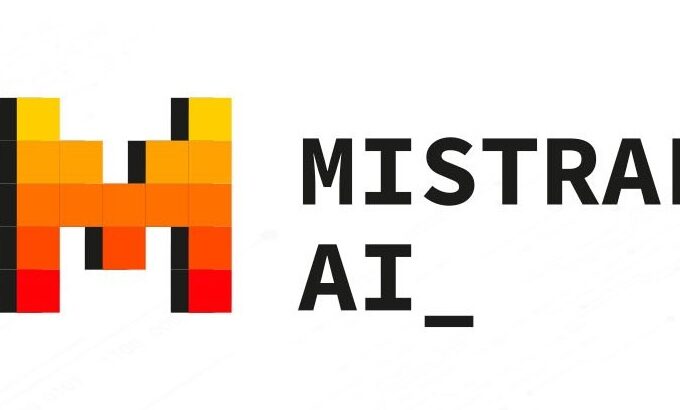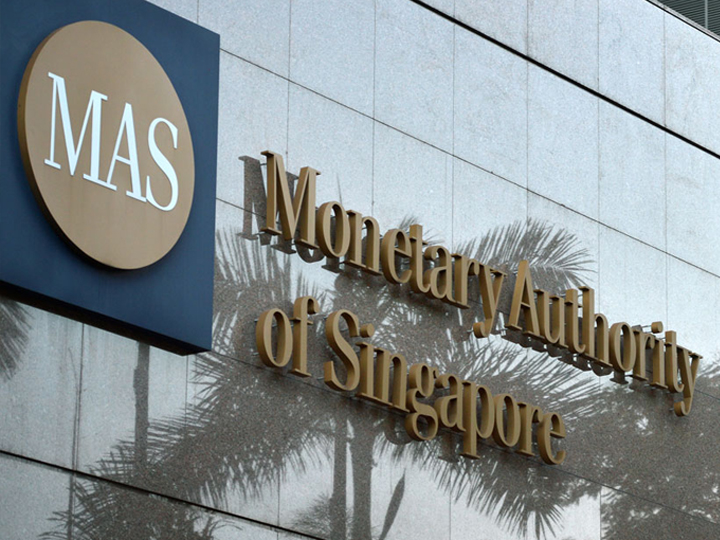
Navigating the Impact of AI on Global Employment: Striking a Balance for Humanity
Artificial Intelligence (AI) has become a transformative force across various industries, promising increased efficiency, productivity, and innovation. However, recent reports from the International Monetary Fund (IMF) raise concerns about the potential disruption AI could cause to global employment, exacerbating inequality. It is crucial to explore the implications of this technology and how we can steer its trajectory to ensure it benefits humanity while minimizing adverse effects.
The IMF warns that AI could impact nearly 40% of global employment, primarily affecting routine-based tasks susceptible to automation. The displacement of jobs may lead to rising income inequality, with low-skilled workers facing the greatest vulnerability. This disruption is not limited to a particular sector or country but has the potential to reverberate globally.
While the IMF’s warnings highlight the potential risks, it is essential to approach the topic with nuance and a long-term perspective. AI, when harnessed intelligently, can create new job opportunities and enhance human capabilities. Achieving a balanced approach requires collaboration between governments, businesses, and society at large.
To mitigate the negative impact of AI on employment, reskilling and upskilling initiatives are crucial. Governments and educational institutions should prioritize equipping individuals with the necessary skills for the jobs of the future. Additionally, understanding your rights and options, such as retaliating against an unfair dismissal, is essential in maintaining fairness and justice in the workplace. Consult with a wrongful termination lawyer if you have recently been terminated for no apparent reason.
If you feel you have been discriminated against in the workplace, it is advised to consult with an Inland Empire employment lawyer to know your best course of action. Similar to employers, employees can also protect themselves through employment law services. If your attorney did not treat you and your case with a professional level of attention or committed a significant error in representation, you may be upset and discouraged, thinking that you will not be able to hold them responsible. An attorney malpractice lawyer who specializes in legal malpractice cases will be familiar with the ways another lawyer will try to avoid responsibility.
Fintech companies can play a significant role by collaborating with educational institutions to develop training programs tailored to emerging AI-related roles.
To ensure that AI benefits humanity, it is imperative to prioritize ethics and responsible AI adoption. Transparency, fairness, and accountability should be embedded into AI systems to prevent biases and discrimination. Regulatory frameworks should be established to address ethical concerns and protect individuals from potential harm. Fintech companies should take a proactive role in adhering to ethical standards and advocate for responsible AI practices.
To fully leverage the potential of AI, increased investments in research and development are required. Governments, businesses, and financial institutions should allocate resources to support AI innovation and foster an environment that encourages collaboration between academia and industry. This investment will drive the development of advanced AI technologies, creating a positive cycle of job creation and economic growth. By investing in AI research and development, we can position ourselves at the forefront of AI advancements





